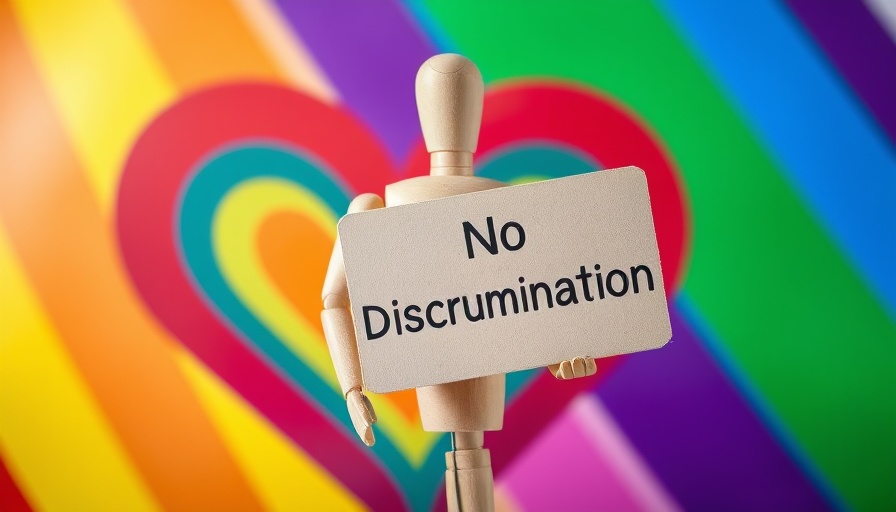
The Silent Crisis: Understanding Violence Against TGD Individuals
Transgender and gender diverse (TGD) individuals face alarmingly high rates of violence, including hate crimes and intimate partner violence. Studies show that TGD individuals are more than twice as likely to experience physical and sexual violence compared to their cisgender peers. This unsettling reality underscores an urgent need for specialized post-violence health services tailored to their unique experiences.
The Ripple Effects of Violence on Mental Health
Experiencing violence can lead to significant mental health challenges, including anxiety, depression, and post-traumatic stress disorder (PTSD). According to a study by Rivara et al. (2019), these effects can be both immediate and long-lasting, impacting overall well-being. Health providers must recognize these mental health outcomes and implement supportive resources, such as psychological counseling services and community-based mental health care for recovery.
Accessing Health Services: Barriers and Needs
Despite the necessity of adequate health care, TGD individuals often encounter numerous barriers when trying to access help. Negative experiences, including care refusals from health professionals and a lack of understanding regarding gender diversity, can deter them from seeking necessary support. The 2025 review by Kaptchuk and colleagues emphasizes the essential role of health provider education, focusing on the unique vulnerabilities TGD individuals face.
What Do TGD Individuals Need from Health Services?
The Kaptchuk study highlights specific needs that TGD individuals seek in health services post-violence, such as accessible resources, informed healthcare professionals, and clear communication. By addressing anxieties surrounding stigma and discrimination, the health sector can create a safe environment for healing. An important area of focus should be the implementation of mental health awareness and trauma-informed care principles.
Future Insights: Towards Better Mental Health Policies
As policy frameworks like the National Mental Health Policy Framework 2023–2030 are developed, there is hope for more inclusive mental health services that cater to TGD individuals. Ongoing advocacy for mental health funding and equitable access to care is essential in addressing chronic illness comorbidities with mental disorders. This will aid in bridging the treatment gap that too many TGD individuals experience, especially in rural areas.
Community Care: A Path to Healing
Implementing peer support groups and accessible health services can empower TGD individuals to share their experiences and find solace among those who understand their lived realities. Initiatives aimed at preventing violence must be coupled with commitments to holistic mental health support, ensuring that mental health education includes voices from the TGD community. This collaborative approach not only helps in recovery but also fosters social connections that are vital for communal healing.
The Call to Action: Support for TGD Individuals
Everyone has a role to play in reducing stigma and creating safer environments for TGD individuals. Whether you are a parent, teacher, or healthcare provider, consider learning more about the unique mental health challenges faced by this community. Educate yourself on the importance of inclusivity and advocate for policies that support equitable healthcare access. Together, we can change the narrative around gender-based violence and its impact on mental health, empowering TGD individuals on their path to recovery and resilience.
 Add Row
Add Row  Add
Add 




Write A Comment